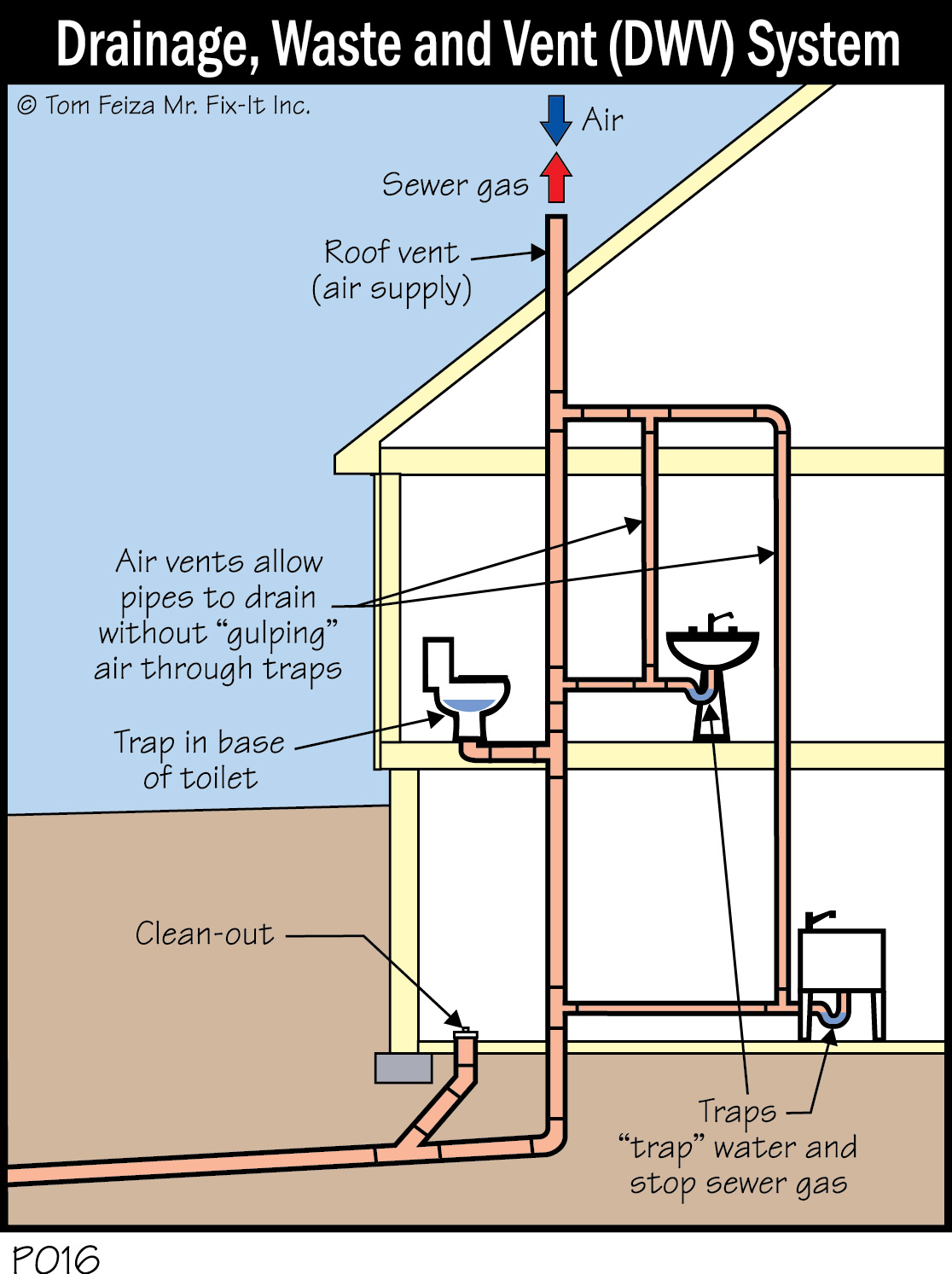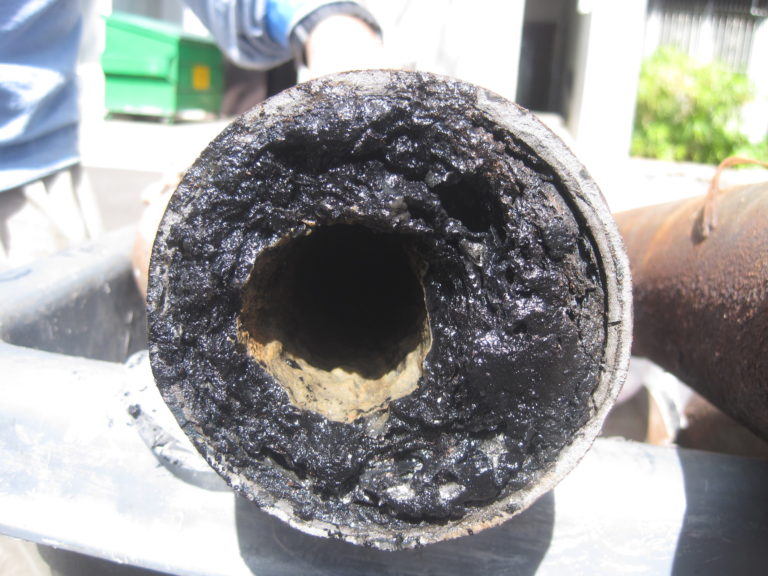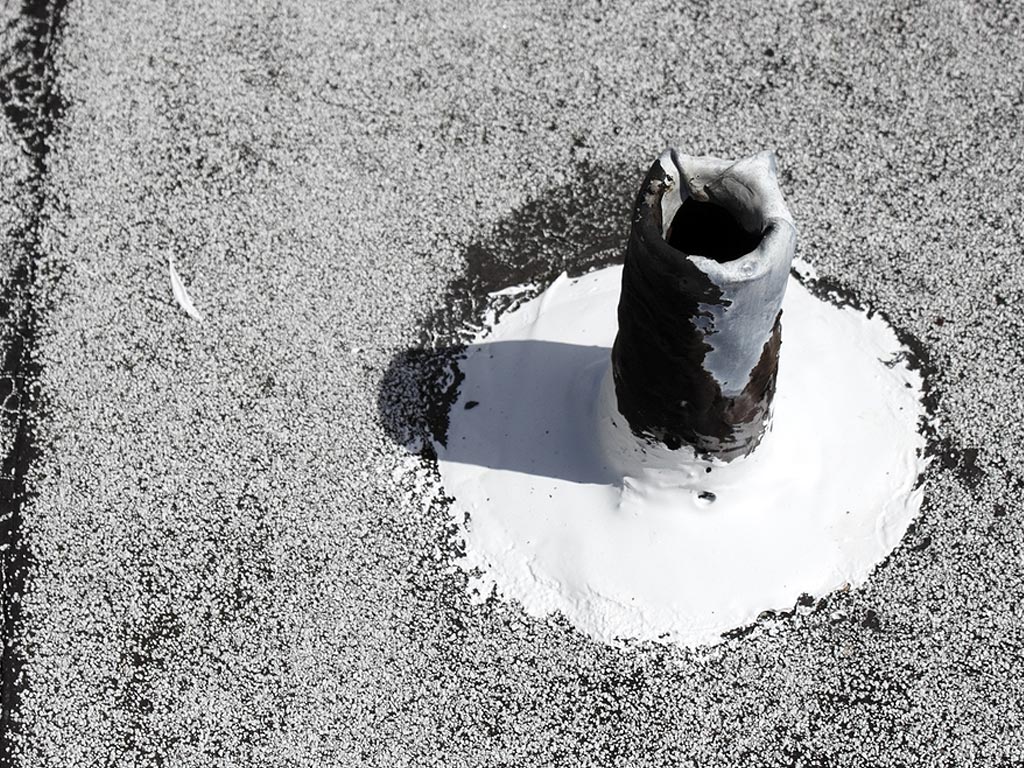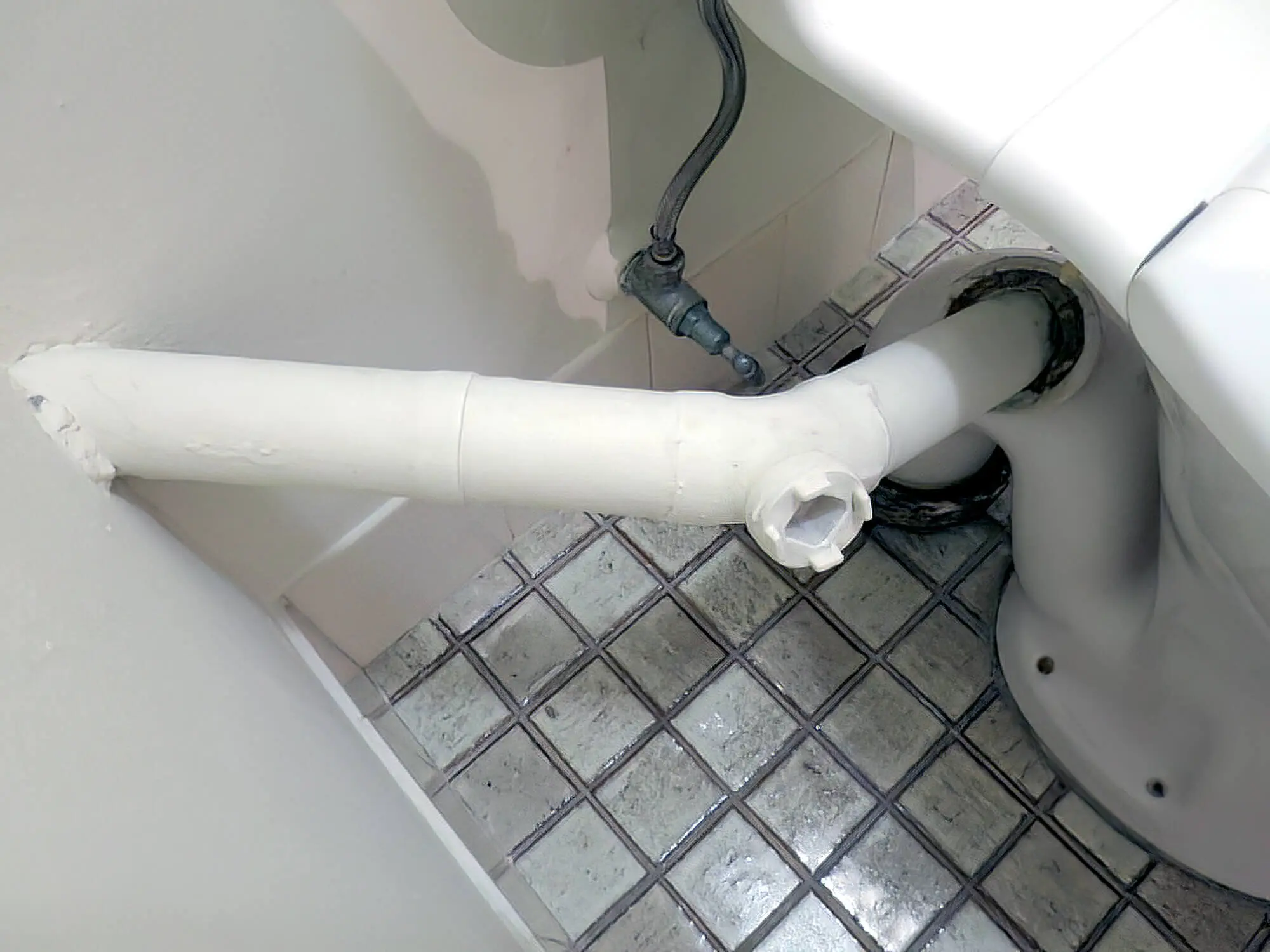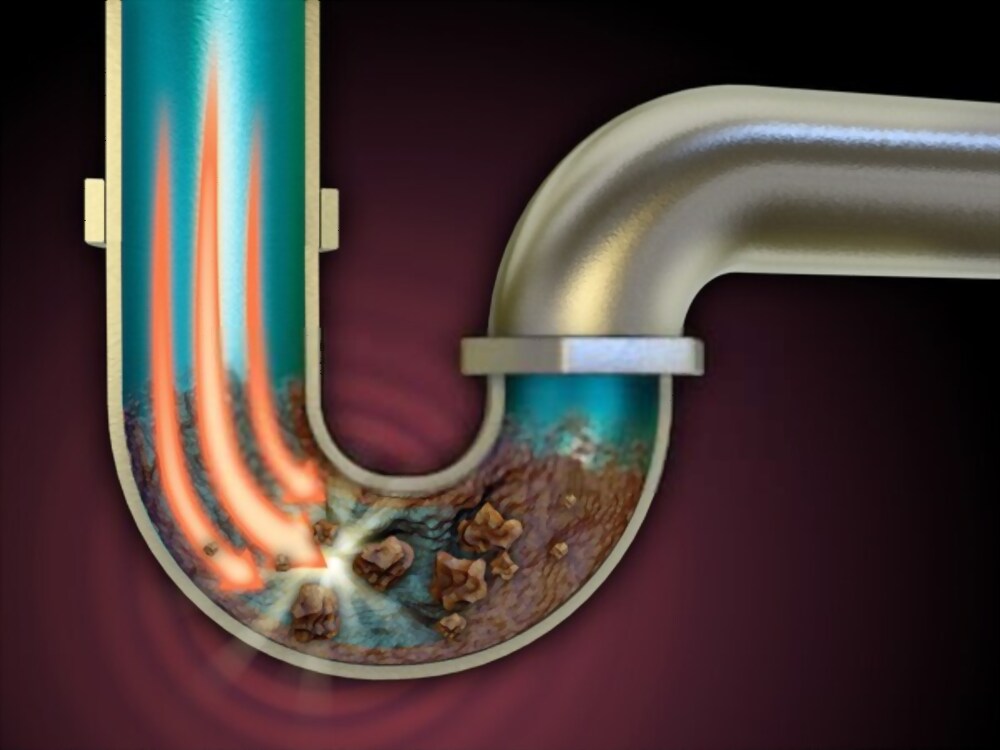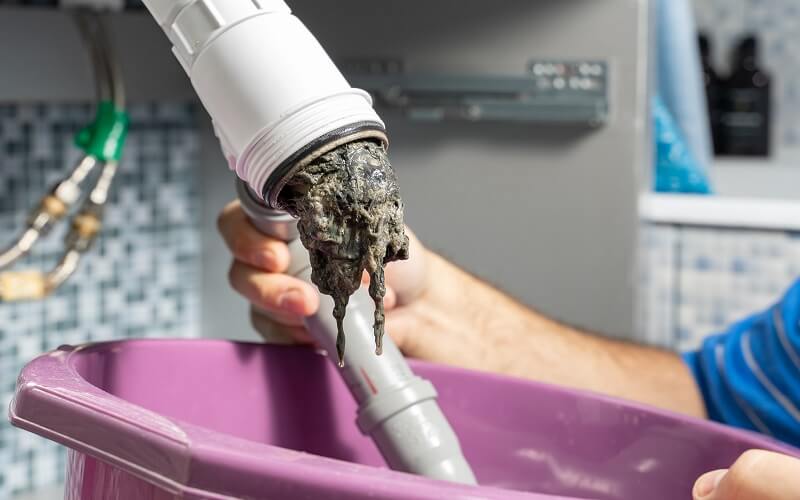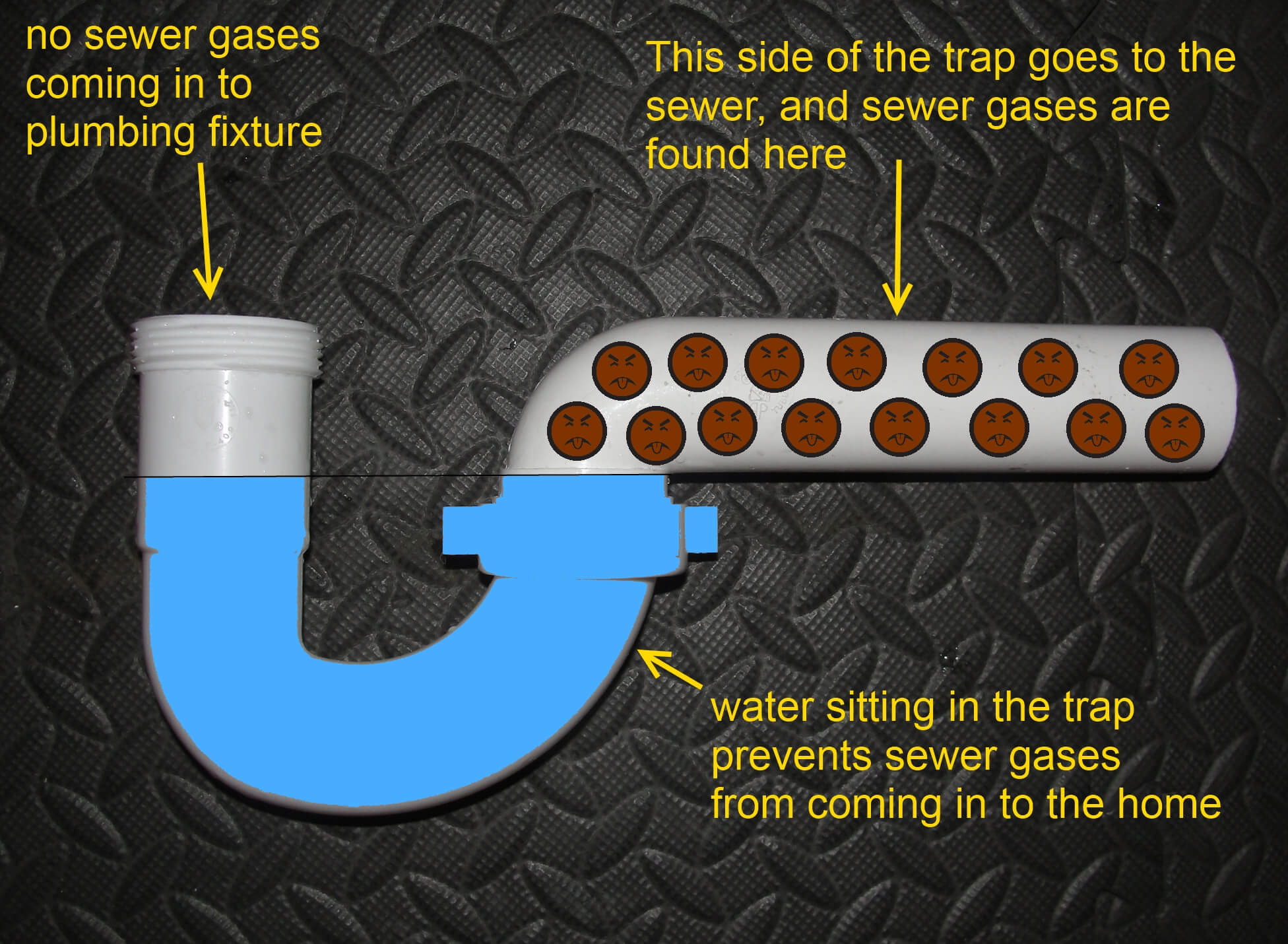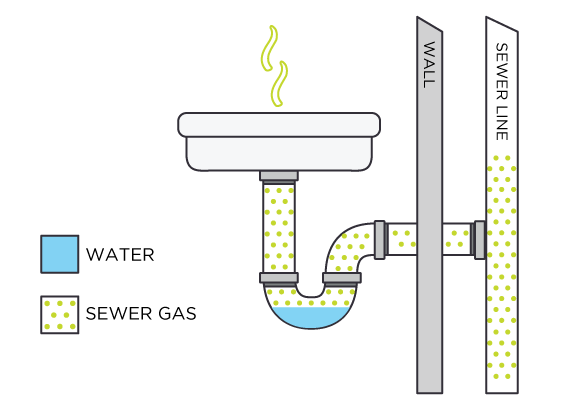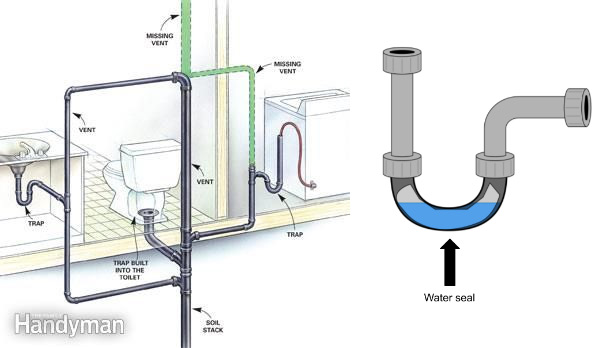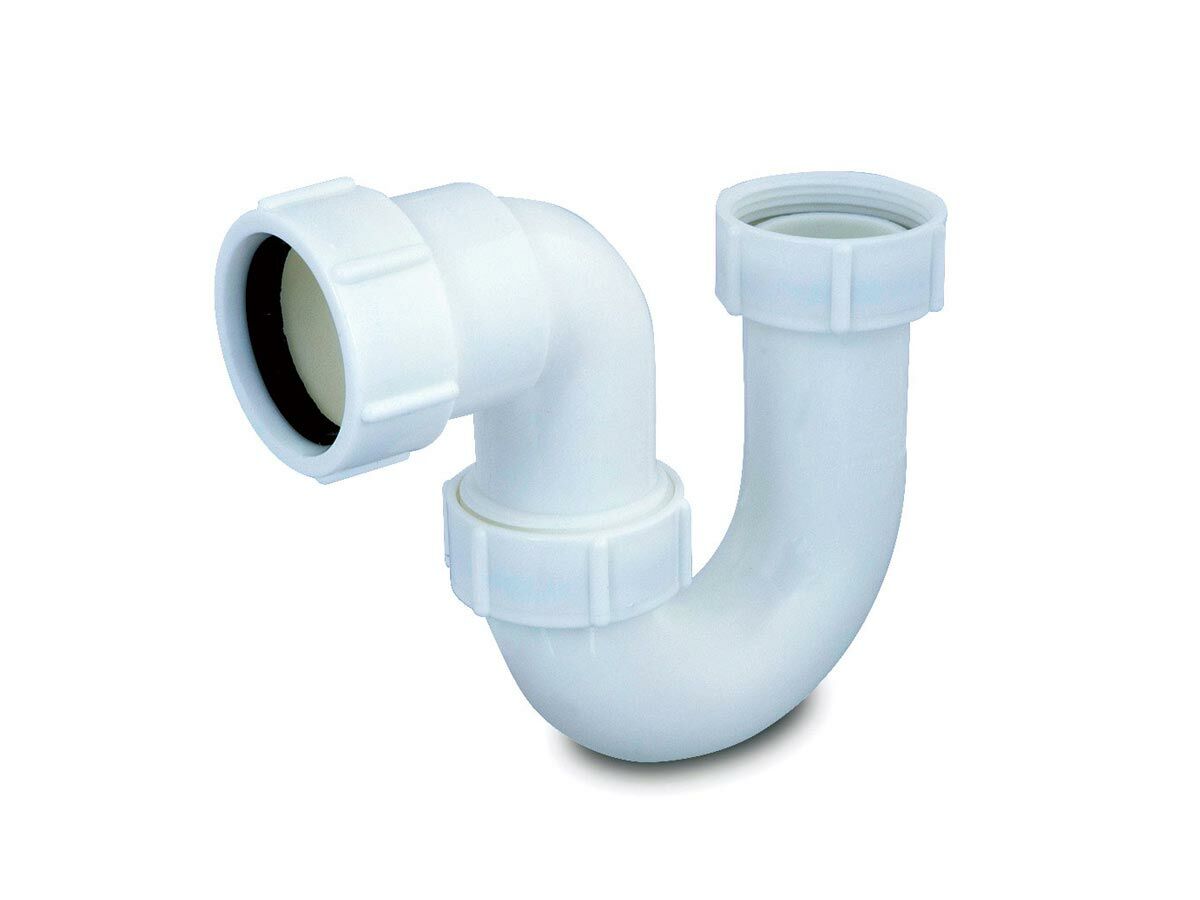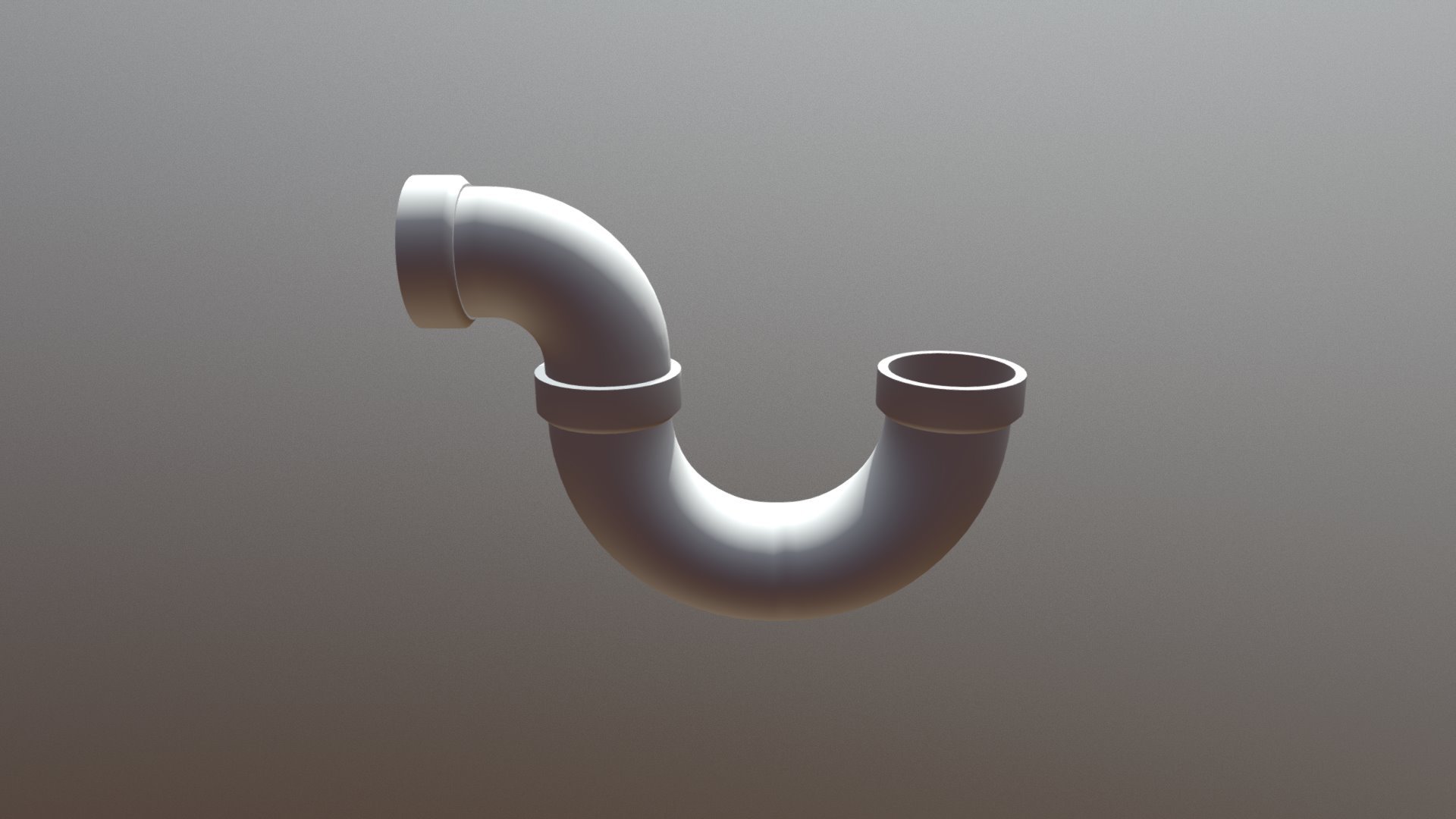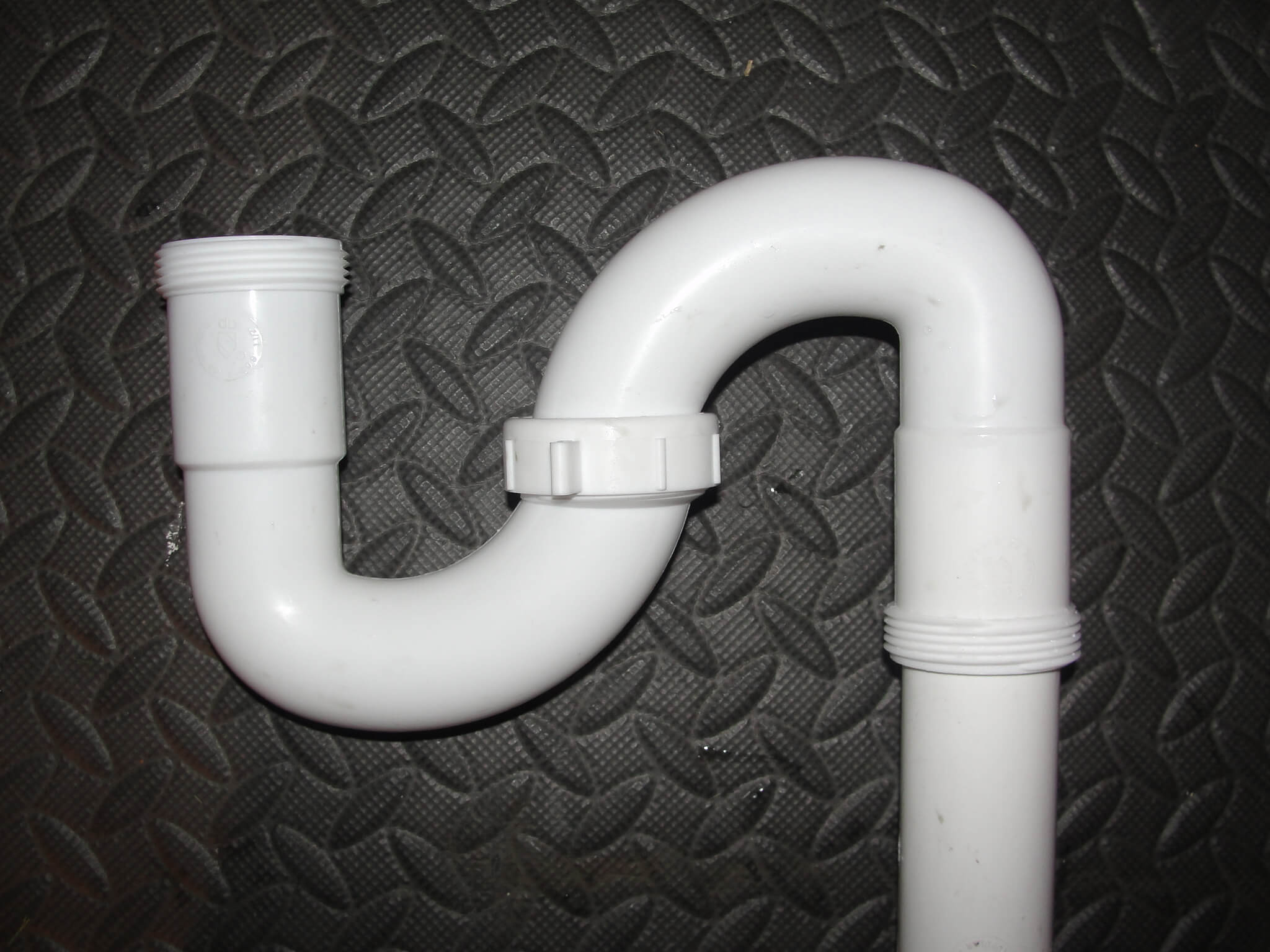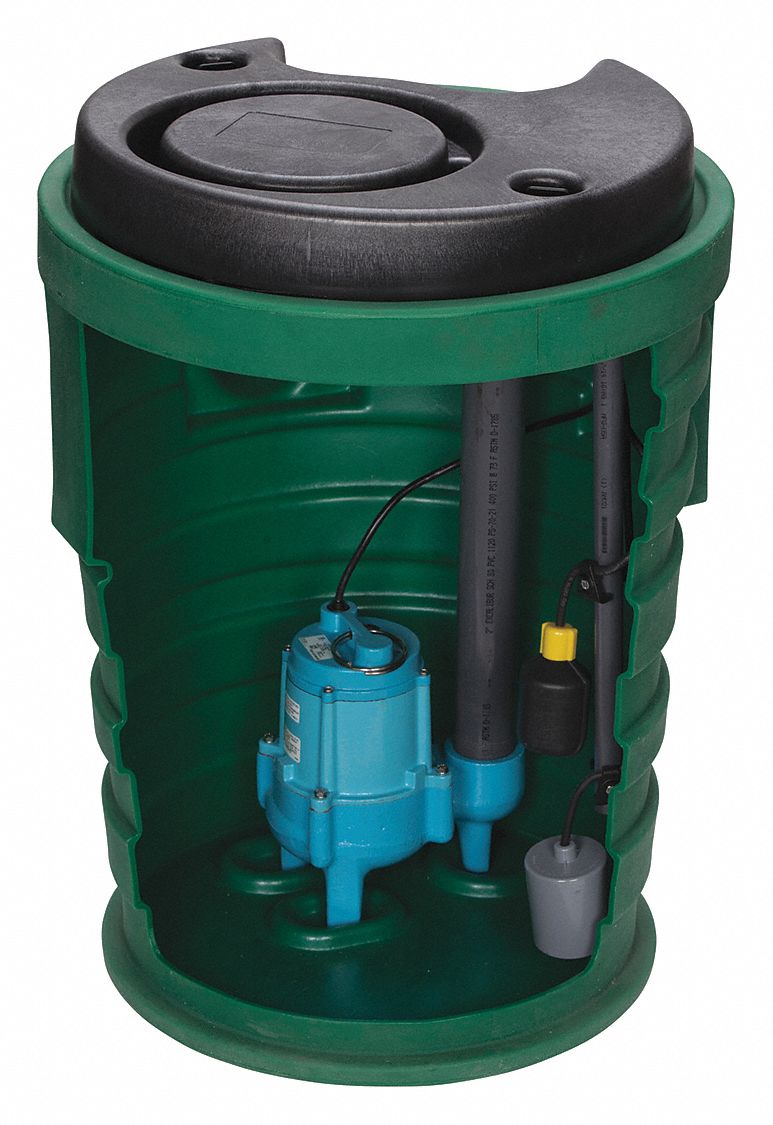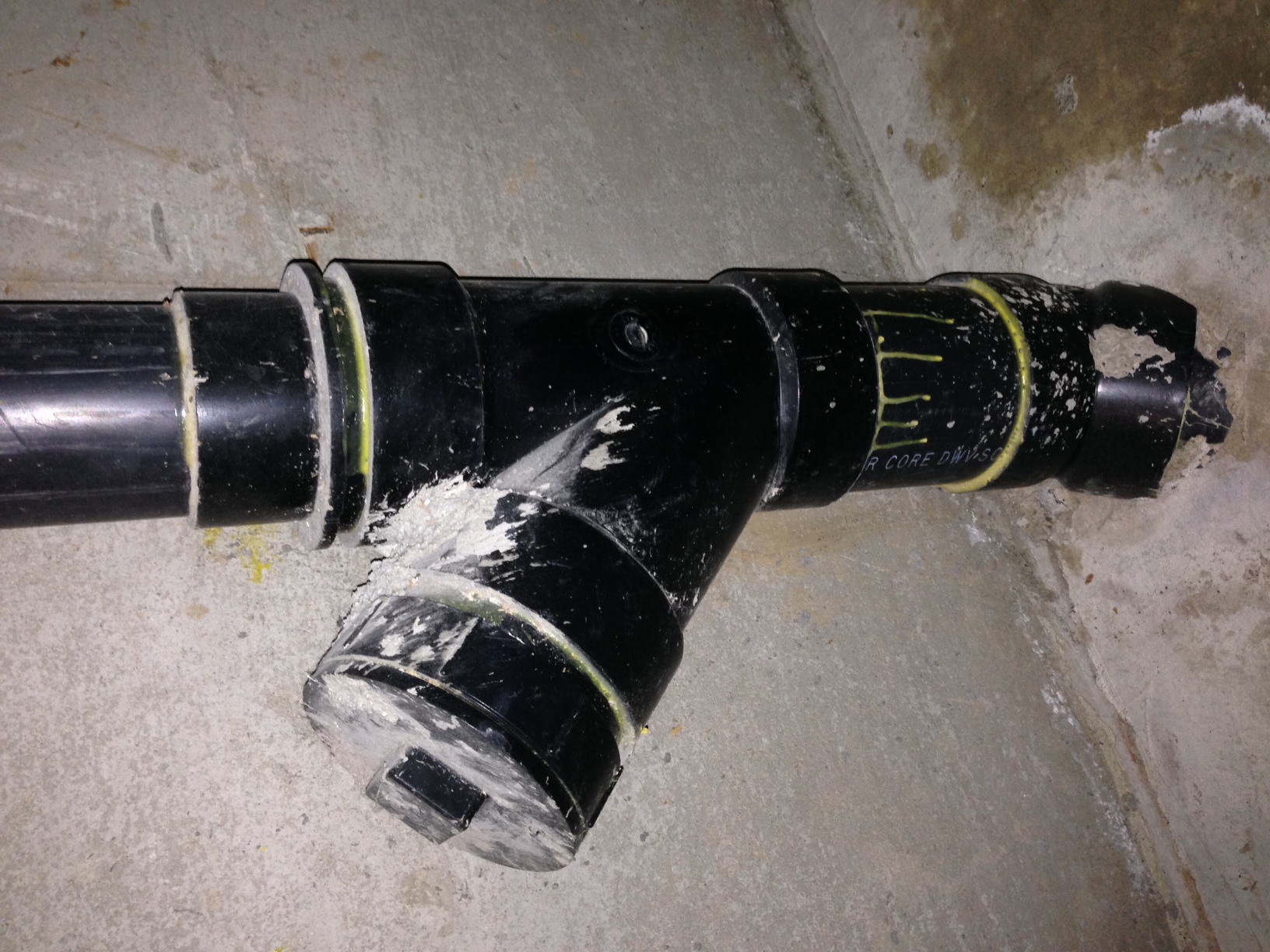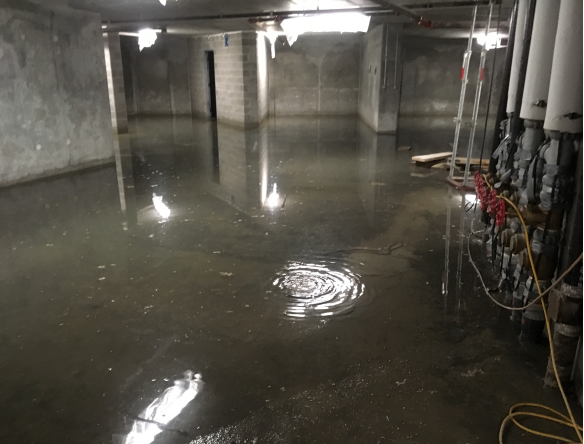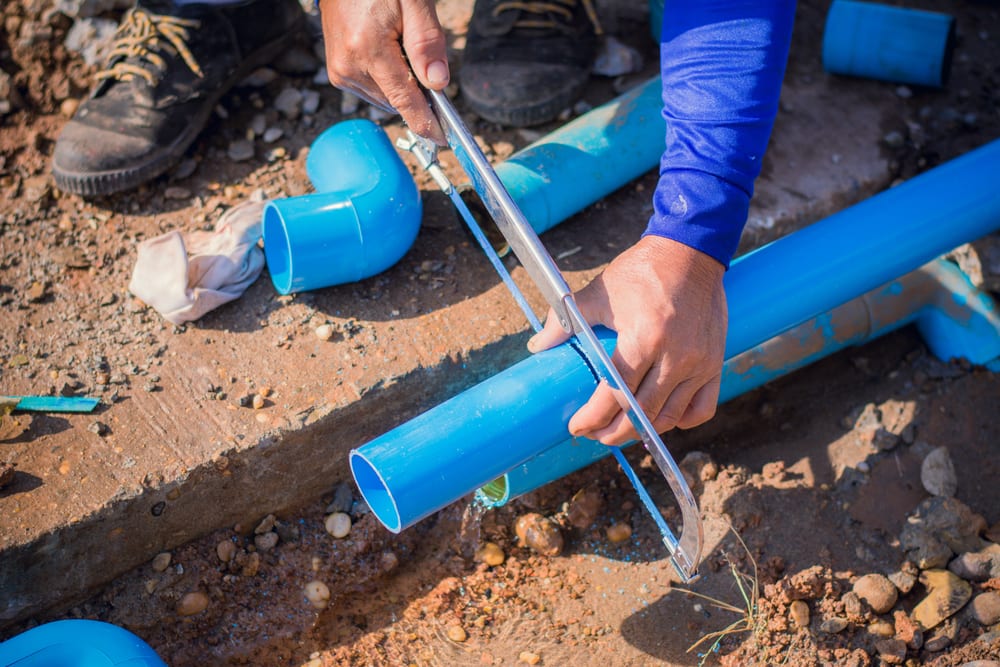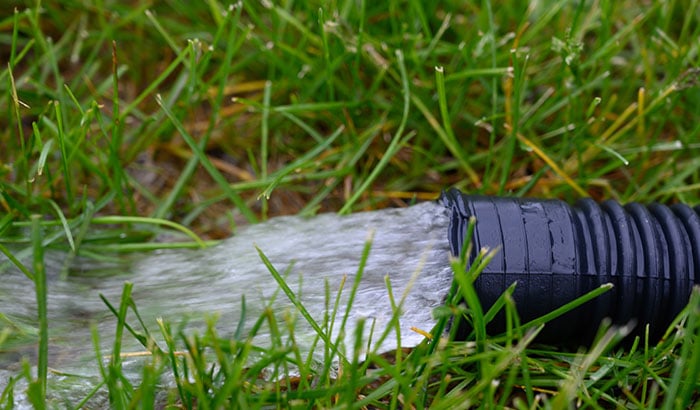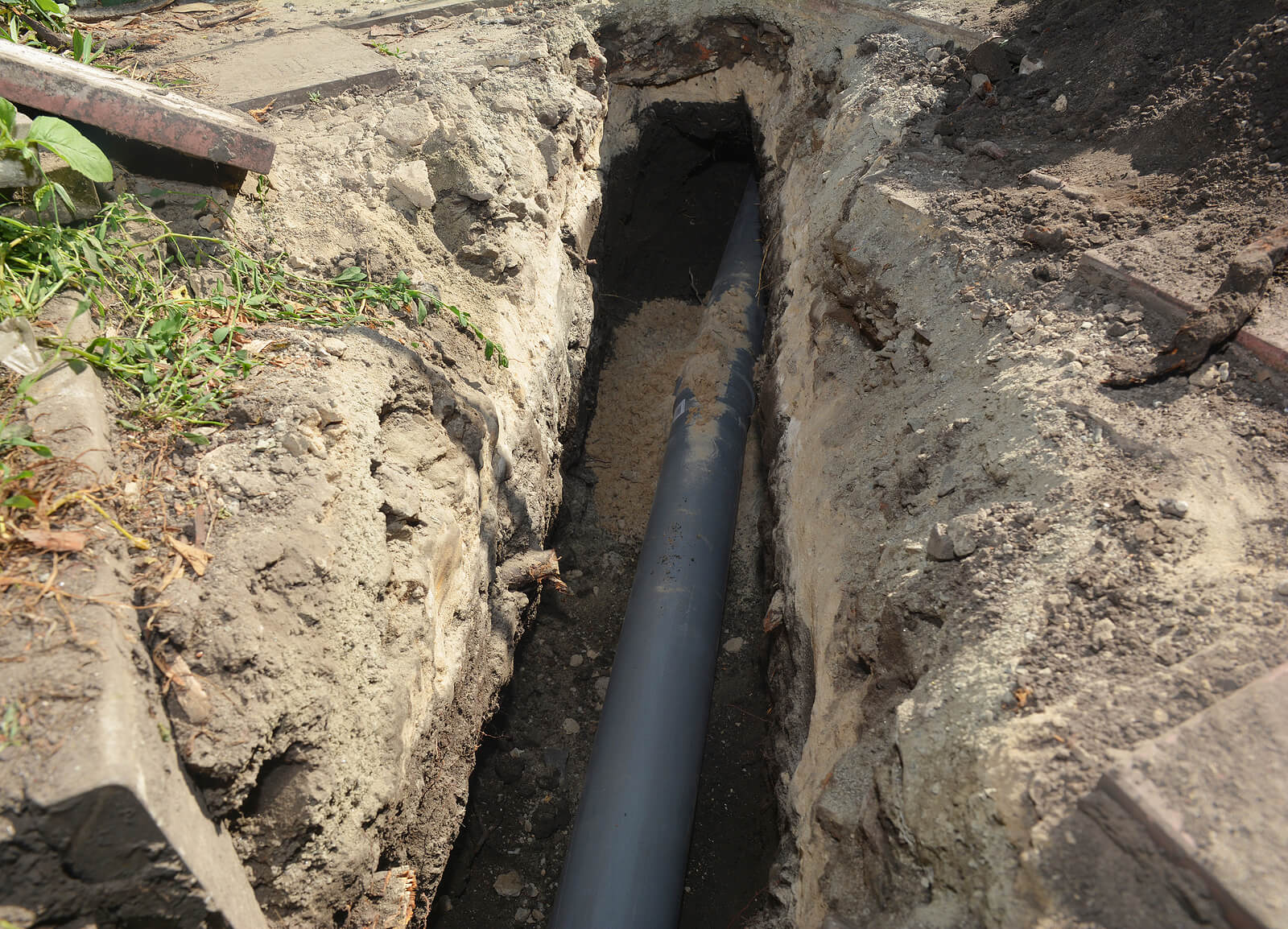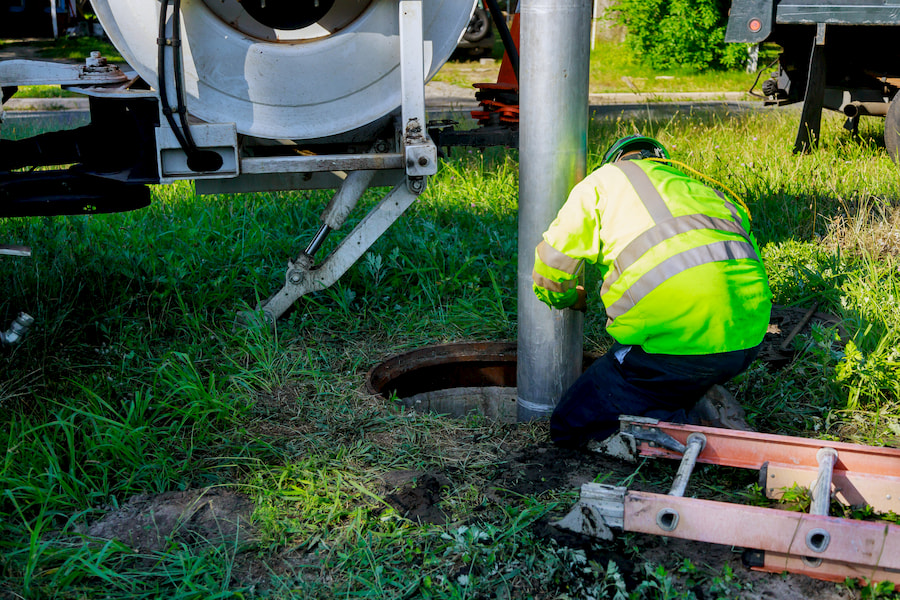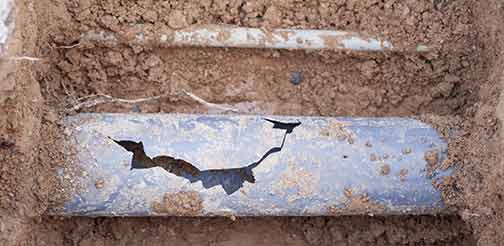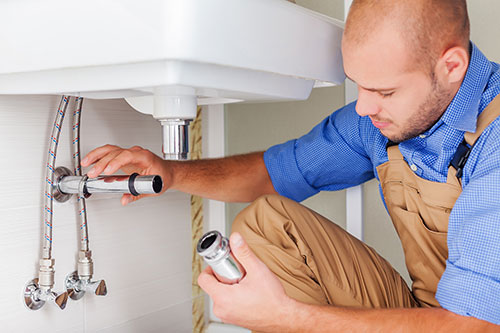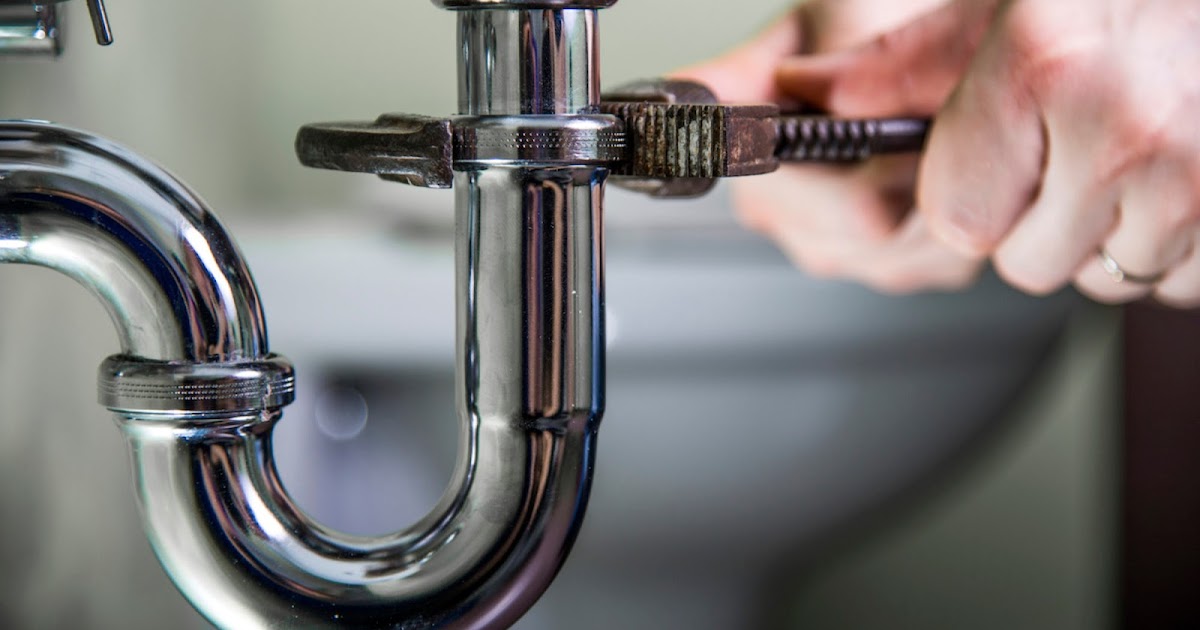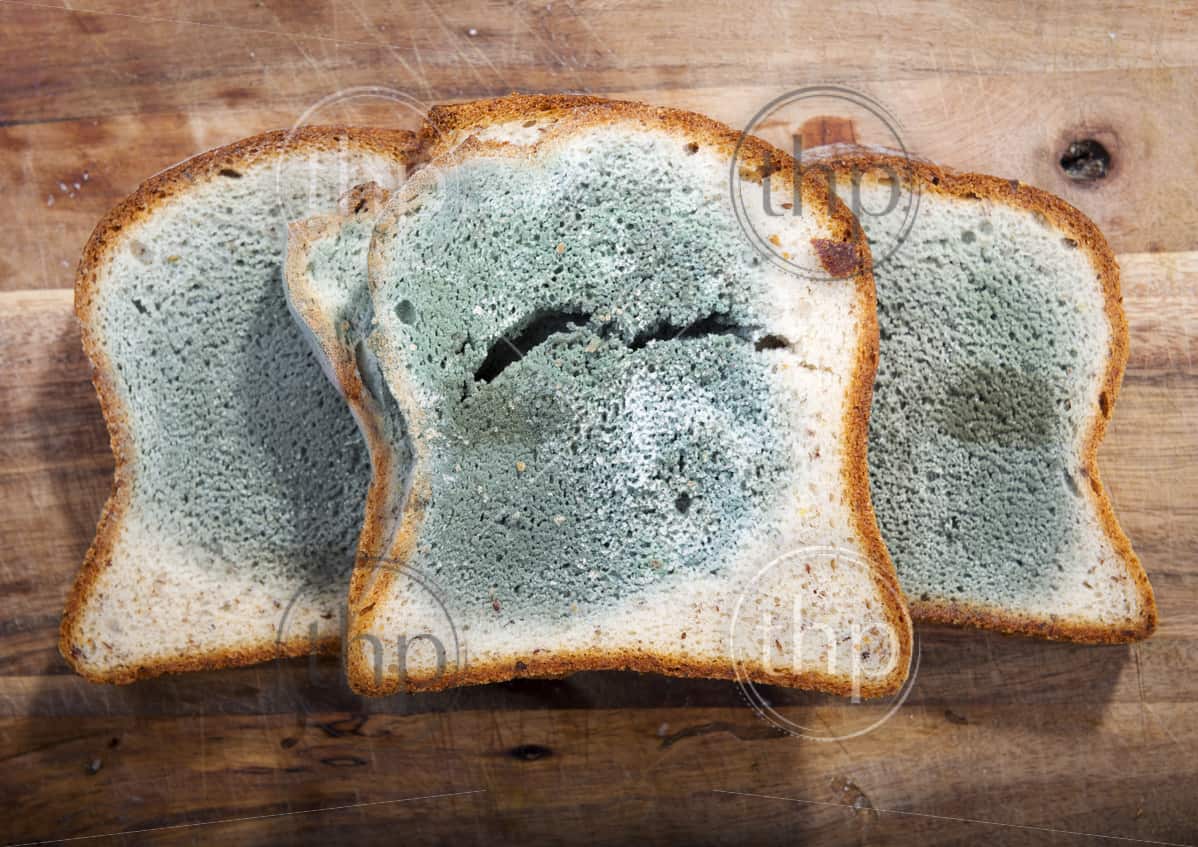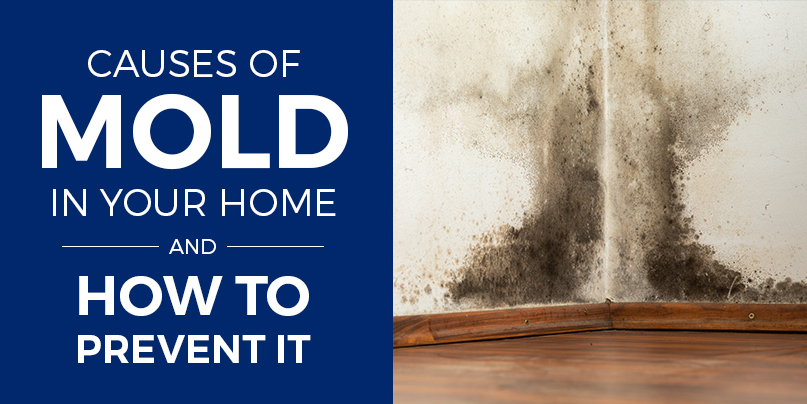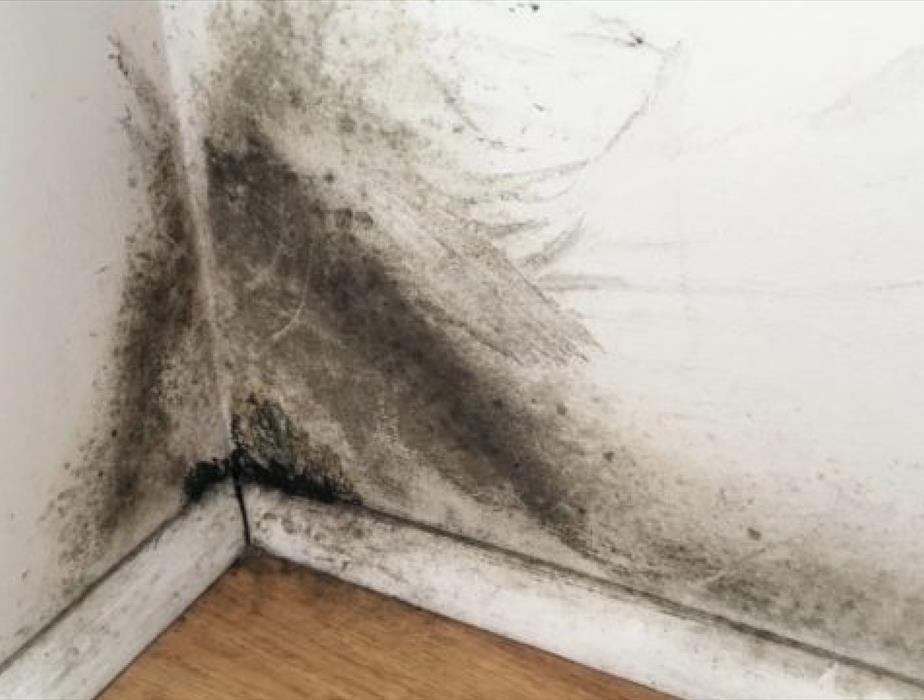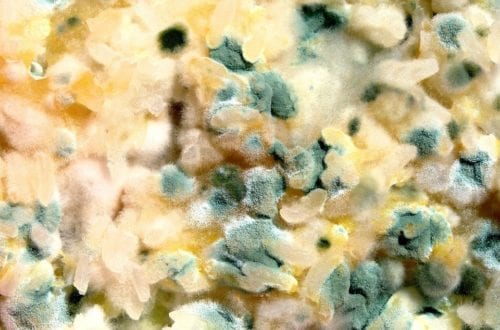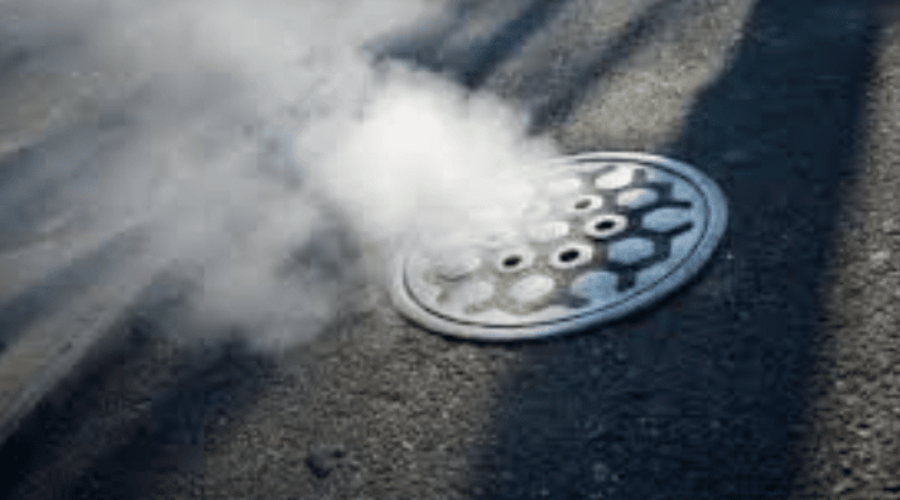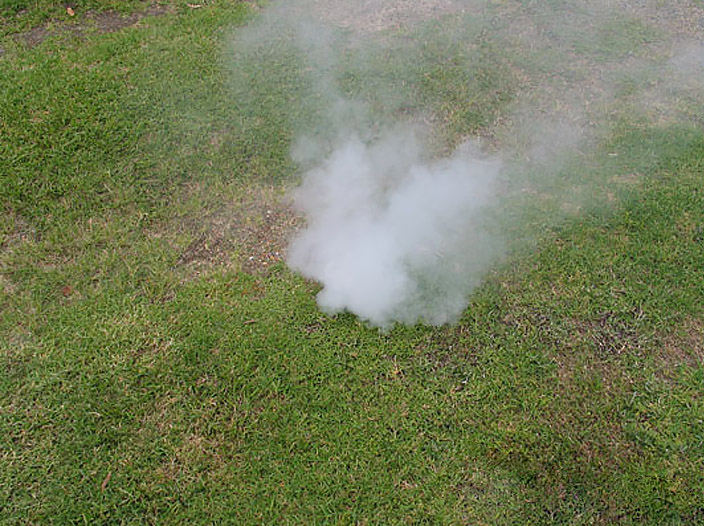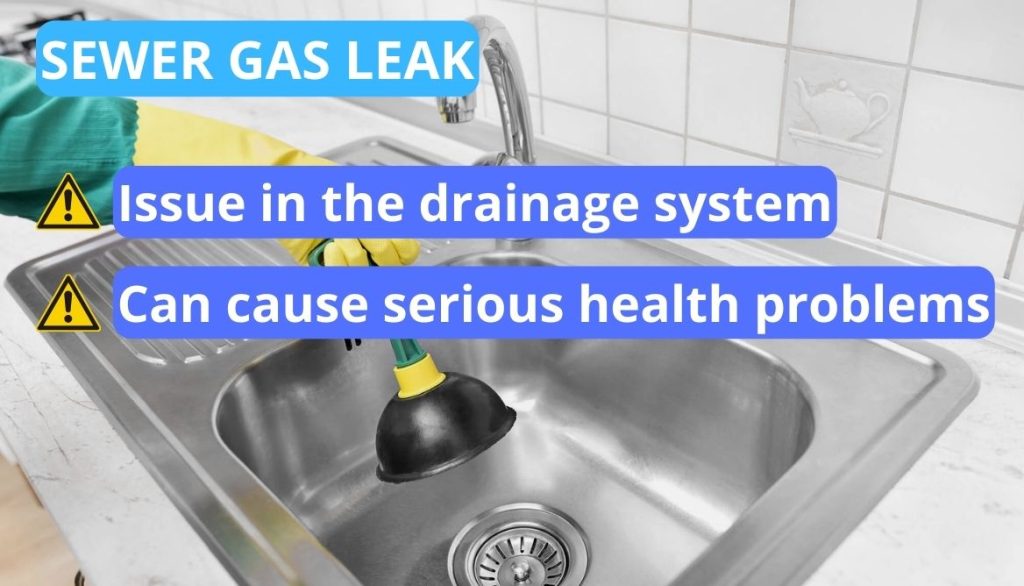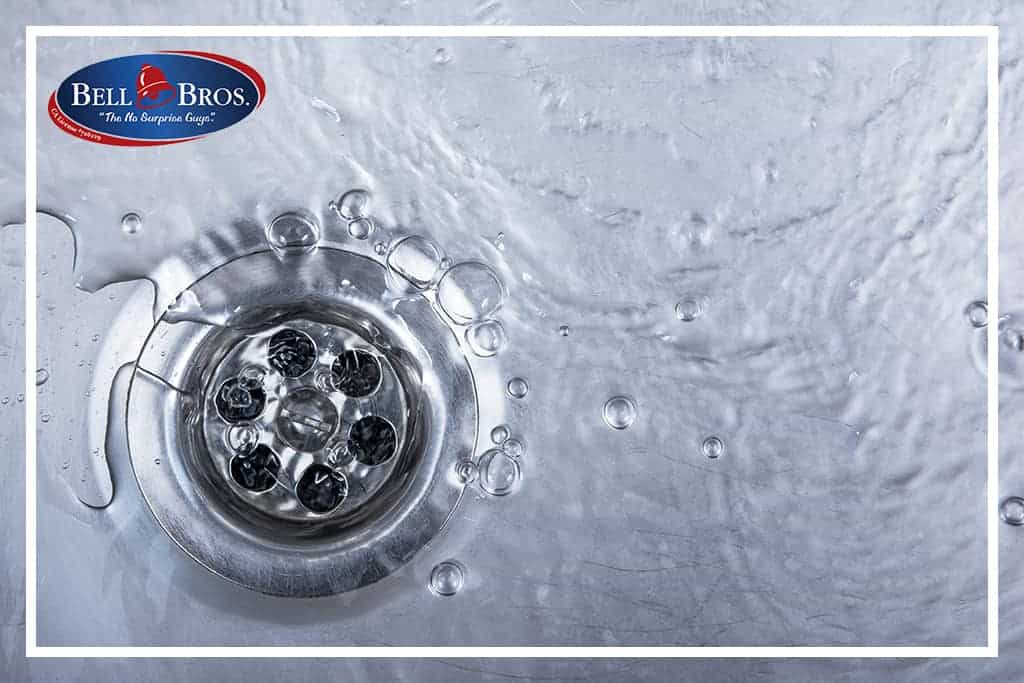A common cause of a sewer smell coming from your kitchen sink is a clogged drain. This means that there is a blockage in your drain pipe, preventing water and waste from properly draining out of your sink. The buildup of food particles, grease, and other debris can create a foul smell that wafts up from your drain. It's important to address a clogged drain as soon as possible to avoid further issues and eliminate the unpleasant odor.1. Clogged Drain
The vent pipe in your plumbing system is responsible for releasing sewer gases to the outside of your home. If this pipe becomes blocked or clogged, the gases have nowhere to go and can build up, causing a strong smell in your kitchen. This can happen due to debris, such as leaves or animal nests, blocking the opening of the vent pipe. It's important to have a professional plumber inspect and clear any blockages in your vent pipe to prevent a sewer smell from lingering in your kitchen.2. Blocked Vent Pipe
The P-trap is a curved section of pipe located underneath your sink that is designed to trap water. This water creates a barrier between your home and the sewer system, preventing sewer gases from entering your home. If the water in the P-trap evaporates due to lack of use, it can leave an opening for sewer gases to escape and cause a foul smell in your kitchen. To remedy this, simply run water down your sink to refill the P-trap and create a seal.3. Dry P-Trap
One of the worst reasons for a sewer smell in your kitchen is a sewer backup. This occurs when the main sewer line becomes clogged or damaged, causing wastewater to back up into your home. Not only does this create a strong smell, but it can also cause serious health hazards and extensive damage to your home. If you suspect a sewer backup, it's important to immediately contact a plumber for professional help.4. Sewer Backup
A cracked sewer line can also be the culprit of a sewer smell in your kitchen. This can occur due to old age, tree root intrusion, or even shifting soil. When the sewer line is damaged, it can leak sewage into your yard and cause a strong odor. If left untreated, a cracked sewer line can lead to a sewer backup and other costly issues. It's best to have a professional assess and repair any damage to your sewer line.5. Cracked Sewer Line
In some cases, a sewer smell in your kitchen may be a result of improper plumbing installation. If the pipes were not properly connected or sealed, it can allow sewer gases to escape into your home. This is a more serious issue that requires the expertise of a professional plumber to identify and fix the problem. It's important to hire a reputable plumber for any plumbing installations to avoid future issues.6. Improperly Installed Plumbing
Mold growth in your kitchen can also contribute to a sewer smell. Mold thrives in damp and dark environments, making your kitchen sink a prime breeding ground. The smell of mold can be mistaken for a sewer smell, and it's important to address any mold growth as soon as possible to prevent it from spreading and causing potential health hazards. It's best to hire a professional mold remediation company to safely remove any mold from your kitchen.7. Mold Growth
If you have a persistent sewer smell in your kitchen, it's possible that there is a sewer gas leak. This can occur due to damaged or corroded pipes, loose connections, or malfunctioning plumbing fixtures. Not only is this unpleasant, but it can also be hazardous to your health. To avoid further issues, it's important to have a professional plumber locate and repair any sewer gas leaks in your kitchen.8. Sewer Gas Leak
Another common cause of a sewer smell in your kitchen is grease buildup in your pipes. Grease, fat, and oil can easily solidify in your pipes and cause a blockage. This not only creates a foul smell, but it can also lead to clogged drains and even a sewer backup. To prevent this, avoid pouring grease down your sink and regularly clean your pipes with natural drain cleaners.9. Grease Buildup
If you have old or damaged pipes in your home, it can contribute to a sewer smell in your kitchen. Over time, pipes can corrode, crack, or become misaligned, allowing sewer gases to escape into your home. If you have an older home, it's important to have your plumbing system inspected regularly to catch any issues before they become major problems. In conclusion, a sewer smell coming from your kitchen sink can have various causes, from minor issues like a clogged drain to more serious ones such as a sewer backup or gas leak. It's important to address any unpleasant odors immediately to prevent further damage and potential health hazards. Regular maintenance and professional inspections can help keep your kitchen smelling fresh and clean. Remember, if you're unsure of the source of the smell, always consult a professional for assistance.10. Old or Damaged Pipes
How to Eliminate Sewer Smell in Your Kitchen Sink
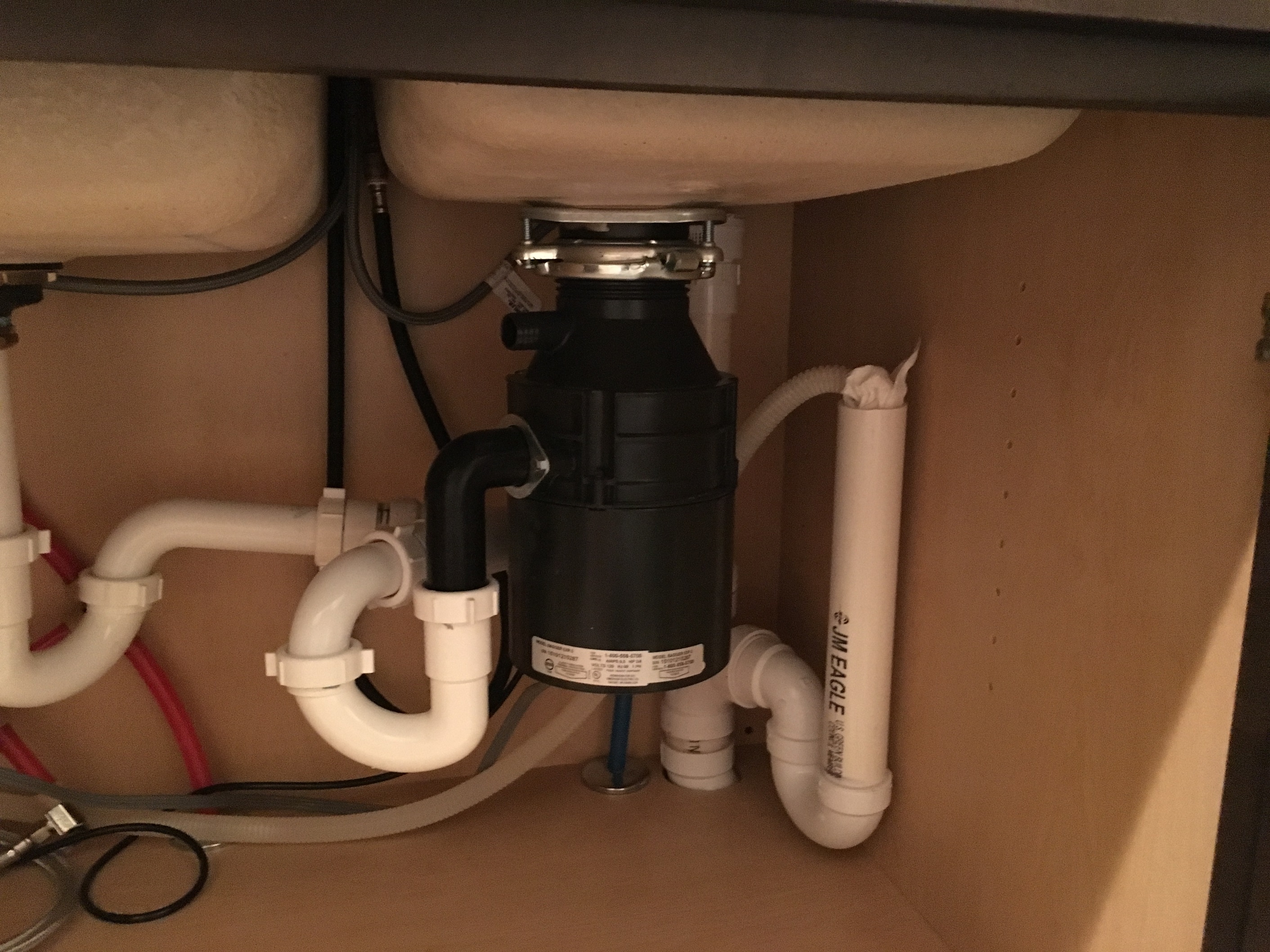
If you've noticed a foul odor emanating from your kitchen sink, chances are it's coming from your sewer system. This unpleasant smell can be a sign of a bigger problem and should not be ignored. Not only is it unpleasant to have a sewer smell in your kitchen, but it can also be a health hazard. The good news is that there are several ways to eliminate this issue and improve the overall smell of your kitchen.
Identify the Source of the Smell

Before you can eliminate the sewer smell, you need to figure out where it's coming from. Check your sink drain and pipes for any signs of clogs or buildup. Food debris, grease, and other materials can build up in your pipes and cause a foul smell. Use a plunger or drain snake to clear out any clogs and run hot water down the drain to flush out any remaining debris.
Check the P-trap
The P-trap is a curved pipe located under your sink that is designed to trap water and prevent sewer gases from entering your home. Over time, this trap can become dry and allow sewer gases to escape, resulting in a foul smell. To fix this, simply pour some water down the drain to refill the trap and create a barrier against the odors.
Use Natural Cleaning Solutions
If the smell persists, it may be time to give your kitchen sink a deep clean. Avoid using harsh chemicals as they can damage your pipes and cause more harm than good. Instead, opt for natural cleaning solutions such as a mixture of baking soda and vinegar . Pour half a cup of baking soda down the drain, followed by half a cup of vinegar. Let it sit for 15 minutes, then flush with hot water. This will help to break down any buildup and eliminate odors.
Call a Professional
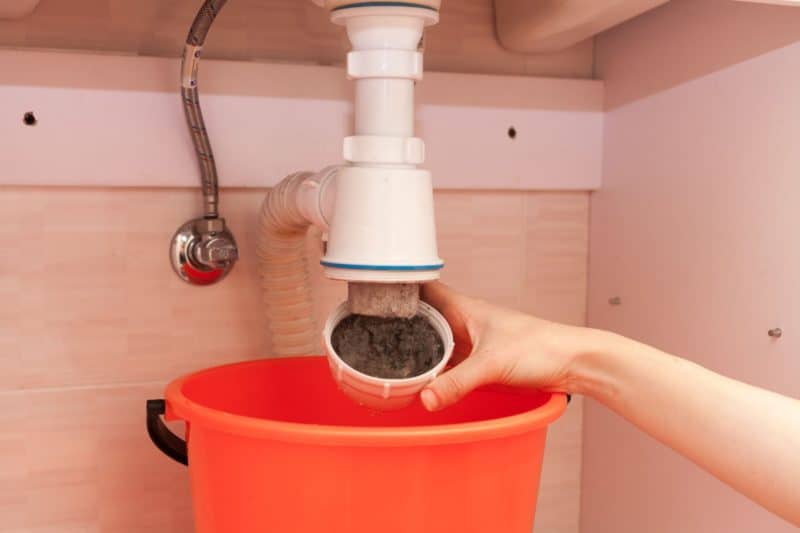
If you've tried all of the above methods and the sewer smell still persists, it's best to call a professional plumber. They will be able to inspect your pipes and sewer system for any underlying issues that may be causing the smell. It's important to address any plumbing issues promptly to prevent further damage and unpleasant smells in your home.
Don't let a sewer smell in your kitchen sink ruin your home's atmosphere. By following these tips, you can eliminate the odor and improve the overall smell of your kitchen.








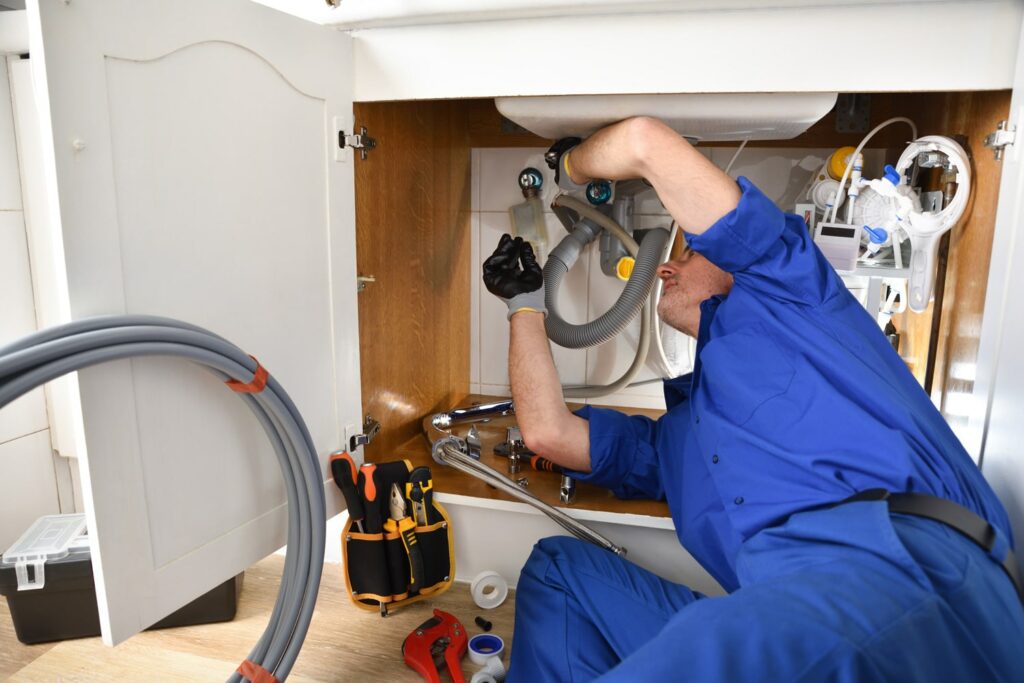


/cdn.vox-cdn.com/uploads/chorus_asset/file/19616741/drain_xl_0.jpg)

